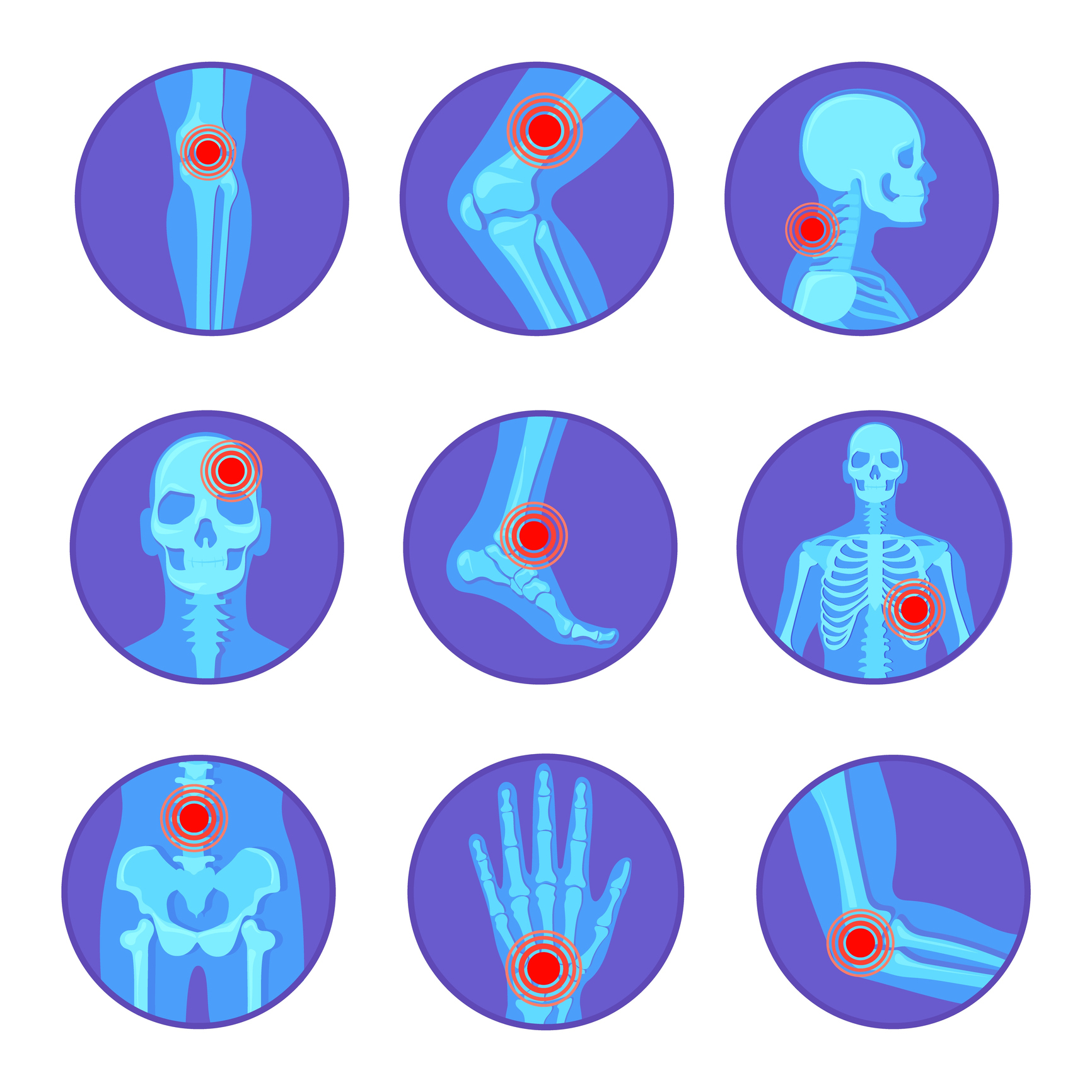Quantitative sensory testing (QST) may help predict treatment responses in individuals with chronic pain. Our objective was to determine if evoked pain sensitivity at baseline predicted preferential treatment responses to either emotional awareness and expression therapy (EAET) or cognitive behavioral therapy (CBT) in individuals with fibromyalgia.
This was a secondary analysis of a previous randomized clinical trial, in which individuals with fibromyalgia were randomized to EAET, CBT, or Education as a control intervention. Only females who completed baseline and post treatment assessments were analyzed (n=196). The primary outcome was change in overall clinical pain severity from pre-treatment to post-treatment, and the primary predictor of interest was pressure pain tolerance at baseline.
Among patients with low pain tolerance at baseline (n=154), both EAET and CBT led to small but significant improvements in clinical pain severity (CBT mean [95% CI]=0.66 [0.24, 1.07]; EAET=0.76 [0.34, 1.17]). Conversely, in patients with normal pain tolerance (n=42), there was no significant improvement in clinical pain after CBT (0.13 [-0.88, 1.14]), a small improvement after FM Education (0.81 [0.14, 1.48]), but a much larger and statistically significant improvement after EAET (2.14 [1.23, 3.04]).
Normal levels of pressure pain tolerance at baseline predicted greater improvement in clinical pain severity following EAET than CBT. QST may provide insights about individual responses to psychologically-based therapies for individuals with chronic pain.
Pressure Pain Tolerance Predicts the Success of Emotional Awareness and Expression Therapy in Patients with Fibromyalgia.


